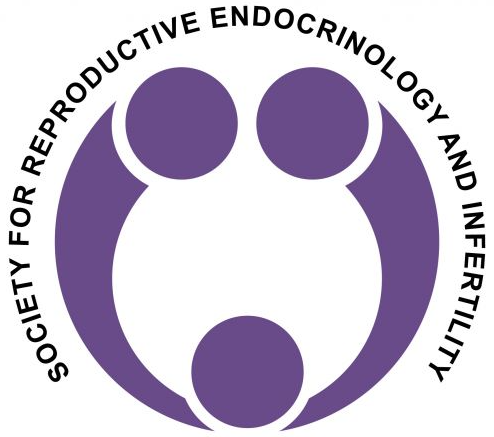You remember the moment you decided to start a family, whether it was a conversation with your loved one or that poignant moment when you stopped using birth control. Like so many women, you assumed once you stopped all forms of birth control, you would easily get pregnant.
Then, after 12 consecutive months of trying to conceive, you are faced with another reality: infertility. Couples are typically diagnosed with infertility after a woman has been unable to become pregnant after 12 consecutive months. If you are interested in exploring fertility treatments, your primary care physician will refer you to a fertility specialist who, with teamwork, dedication and compassion, will help you achieve a healthy pregnancy.
The fertility specialists at the Center for Reproductive Medicine invite you to explore our infertility treatment options. We want to help you achieve a healthy pregnancy and gently guide you through the entire process with clear and concise information.
You are not alone
Infertility affects approximately 7.3 million people of reproductive age in the United States — and it’s not just women. In many cases, it is the male partner that is infertile. In fact, according to the Office on Women’s Health, approximately 25 percent of infertility issues are due to male factors.
Common misconceptions about infertility
Before you consider treatment, we’d like to share some common misconceptions about infertility. These include:
- Increase your chance of conception by having intercourse before ovulation.
It is a common belief that having intercourse on the day of ovulation provides the best chance for conceiving naturally. However, conception is most likely when intercourse occurs a day or two before ovulation. - Using tobacco products harms both male and female fertility.
Many people do not believe smoking will affect their ability to achieve pregnancy. In fact, using tobacco products while trying to conceive can have a significant impact on both female and male fertility. If you’re trying to conceive, it is best to discontinue use of all tobacco products. - Abstaining from sex may damage sperm.
Abstinence does not increase your chance of conceiving. Stored, older sperm is more likely to be damaged and can actually lower your chance of conception. It is best to keep the male system flushed every one to two days to ensure sperm are fresh and of the highest possible quality.
Stress, weight and age are also common misconceptions about infertility. While each of these factors can make getting pregnant more difficult, none are solely responsible.
If you’ve been trying to conceive for 12 consecutive months without success, we invite you to contact the Center for Reproductive Medicine and explore your infertility treatment options. Call 612-863-5390 to schedule your first consultation.





